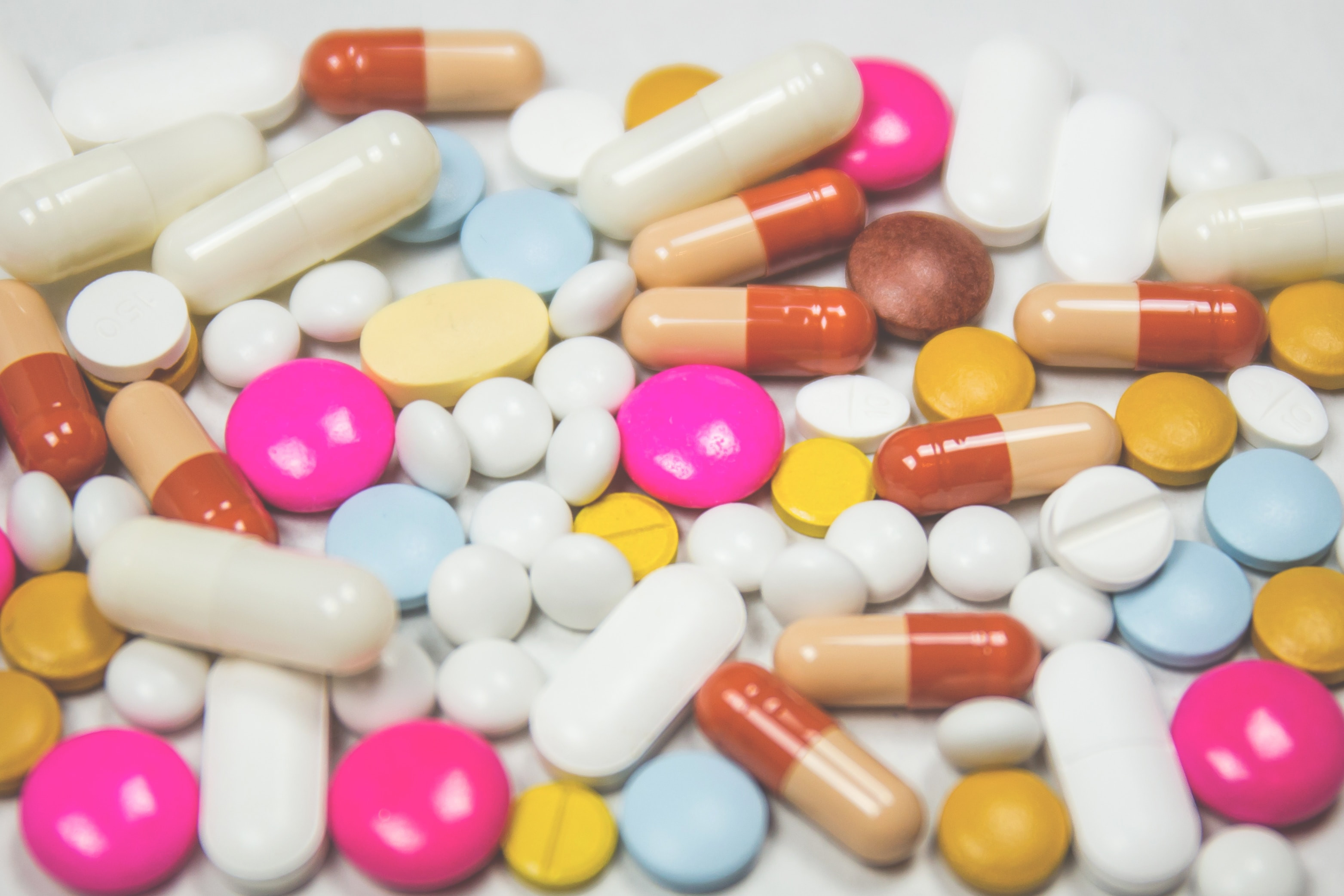ASTMH Annual Meeting 2025
blogWhat do Human African trypanosomiasis, Melioidosis, and Ebola have in common?
By: Aislinn Mcmillan, University of California San Diego School of Medicine

Parvesh Paul of NCATS/NIH kicked off a symposium about drug repurposing at TropMed19 with a slide listing a vast assortment of parasites, bacteria, fungi, and viruses. “What do these diseases have in common?” he asked. After a long pause, he answered: “there are no approved therapies for all of these diseases.”
Despite the huge global burden of neglected tropical diseases (NTDs), they have historically been just as their name describes: neglected. A large proportion of people may be suffering from a disease with either no or inadequate therapy. Drug repurposing is the use of existing approved drugs for new indications. This symposium shed light on the wide range of efforts that are being taken to identify repurposed drugs for NTDs, to centralize this data, and to make this data accessible globally.
Clare Thibodeaux of Cures Within Reach elaborated on some of the benefits of repurposing research: research shows that the success rate is ~1000x that of de novo research, the drugs are known to be safe, the cost is less, and the drugs can have an impact much sooner. Nathalie Strub-Wourgaft of DNDi demonstrated the success that her organization has already had in clinical trials of repurposed drugs for NTDs, further encouraging this work. Philippe Guerin of the Infectious Diseases Data Observatory described the historically low investment in poverty-related infections and the resulting low volumes of global data, underscoring the importance of not only these research efforts, but of sharing and centralizing the data from them.
Paul presented on a new mobile app called CURE ID, a joint venture between the NIH and the FDA with the purpose of collecting case report data directly from clinicians globally regarding repurposed drugs for infectious diseases. On the app, one can search for a microorganism of interest, and then is shown all drugs that can be used for treatment as well as their possible regimens, both FDA-approved and repurposed. Moreover, it tallies the number of cases that each regimen is reported in and contains links to articles where the regimens were used.
This app can be used by clinicians to share information when there is no adequate treatment and as a tool to identify both promising and failed new uses of existing drugs. Paul elaborates, “clinicians sitting in any far-flung corner of the world with access to the internet can contribute and use the application.”
This platform may then be used to generate hypotheses regarding the effectiveness, adverse events, drug dosing, and combination interactions in repurposing efforts and to inform formal trials. With this information, doctors may discover new ways of treating diseases and new populations that can benefit from existing treatments.
Aislinn McMillan is a 2019 ASTMH Benjamin H. Kean Travel Fellow in Tropical Medicine.
Related Posts
By: Matthew Davis, Burness